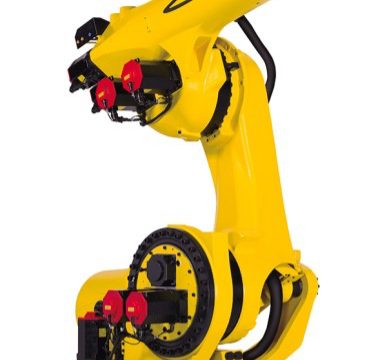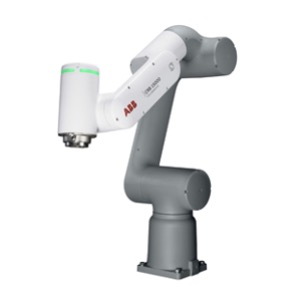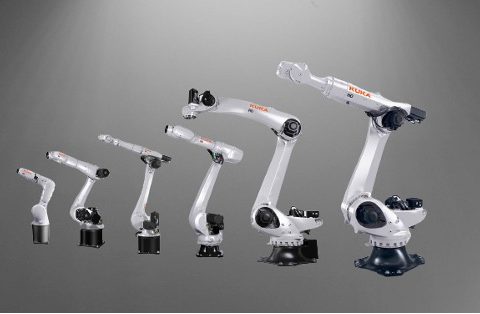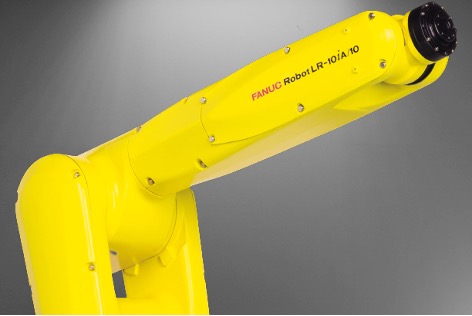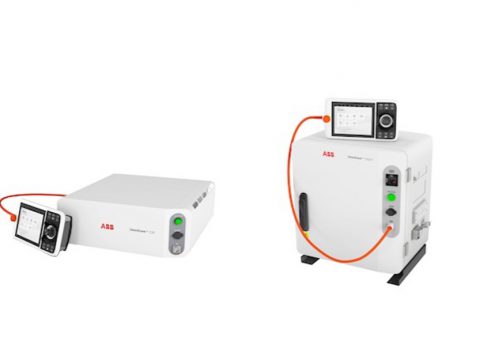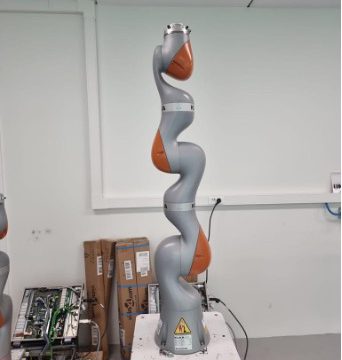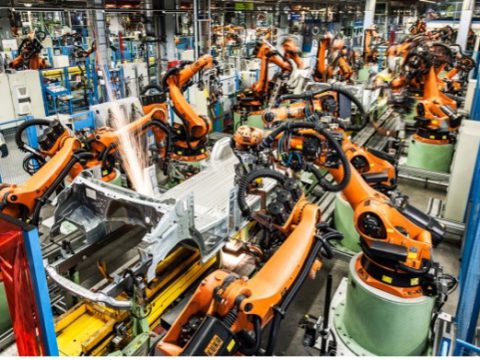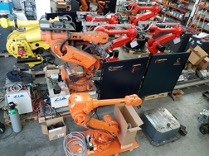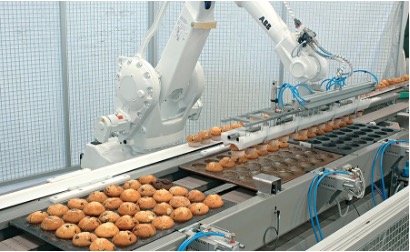FANUC HAS A NEW HIGH CAPACITY ROBOT M-1000iA
According to Eric Potter, general manager of FANUC America’s General Industries and Automotive Segment, “The new M-1000iA is FANUC’s largest serial link robot to date.” ” Current needs have changed requiring new solutions to process very large parts with greater versatility and better use of the work area. Especially in applications such as processing and

